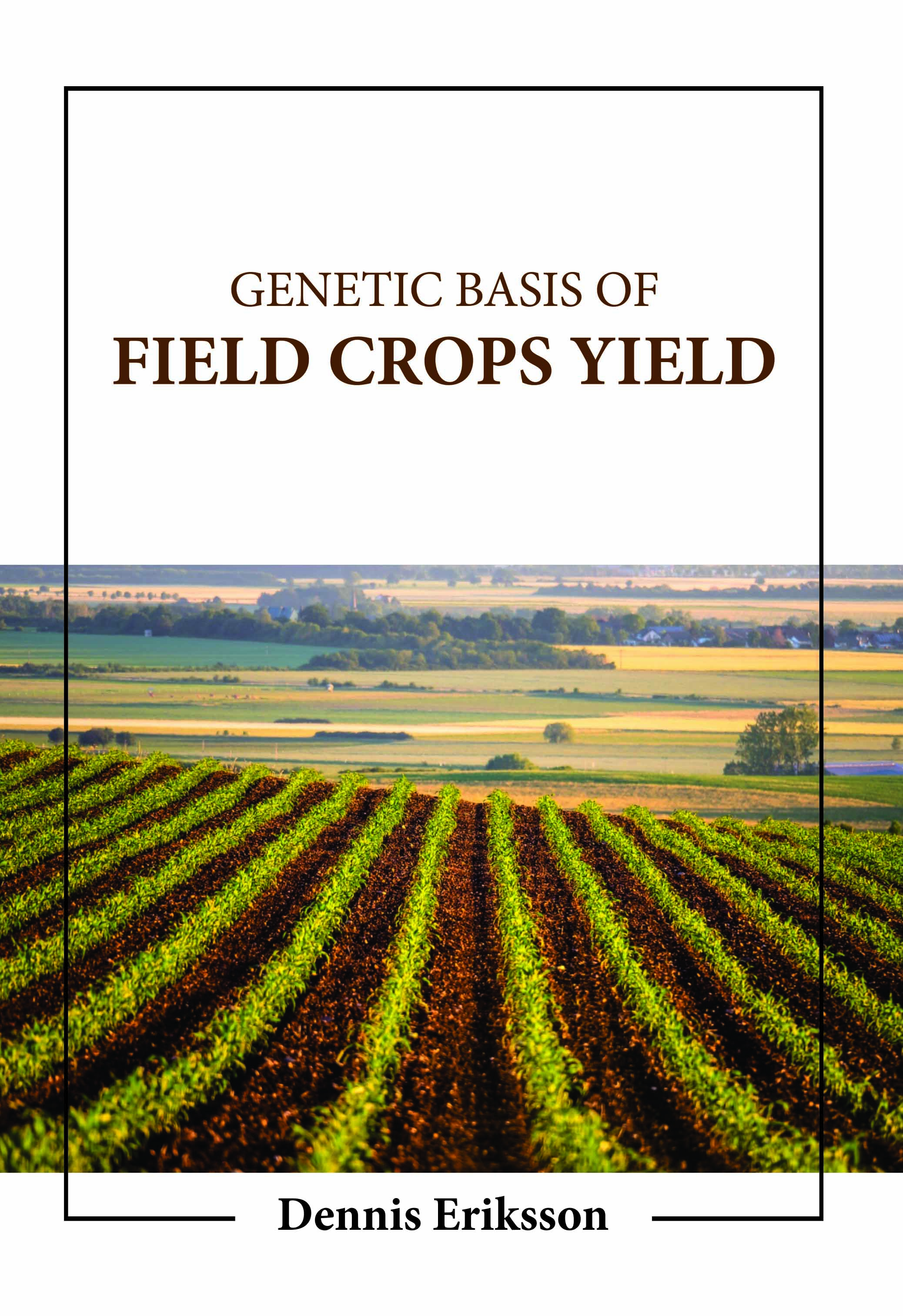
Genetic Basis of Field Crops Yield
by Dennis Eriksson
| ISBN | 9781806243457 |
|---|---|
| Publisher | Digital Drive Learning |
| Copyright Year | 2026 |
| Price | $259.00 |

by Dennis Eriksson
| ISBN | 9781806243457 |
|---|---|
| Publisher | Digital Drive Learning |
| Copyright Year | 2026 |
| Price | $259.00 |
By genetically enhancing field crops, it is possible to increase food production sustainably. Genetic modification and selection are promising techniques for enhancing crop performance. The plants that make up the assortment known as "field crops" are dispersed among the flowering plant groups almost randomly. The study of field crop plants has been severely neglected by academic botany. The reason that the characteristics that make them valuable in industry or as food for people or livestock, such as the production of fleshy roots or shoots, starchy or oily seeds, long fibers, etc., are typical of little or no importance to the botanist tracing phylogenetic relationships (although when correlated with wider ecological and soil studies they may be of fundamental interest). Crop improvement is the process of genetically modifying plants to meet human demands. Out of the hundreds of thousands of species available in prehistory, only a few hundred were cultivated by human ancestors in different parts of the globe. They did this by genetically altering these species' components, involving conscious and unconscious selection and differential reproduction of variants. As a result, few plant species have developed into the foundation of agriculture and, consequently, the world's food supply through a long history of trial and error. This domestication method includes identifying specific beneficial wild species and a selection process that results in production, quality, and appearance modifications. Although the precise mechanics of the process that changed the key crops are not well known, it is certain that the genetic modifications were substantial in many instances. Certain agricultural plants have undergone such drastic changes that it is unclear where they originally came from, and there are no living close wild relatives for many of them, like maize. All students taking the course will find this book to be of great value.